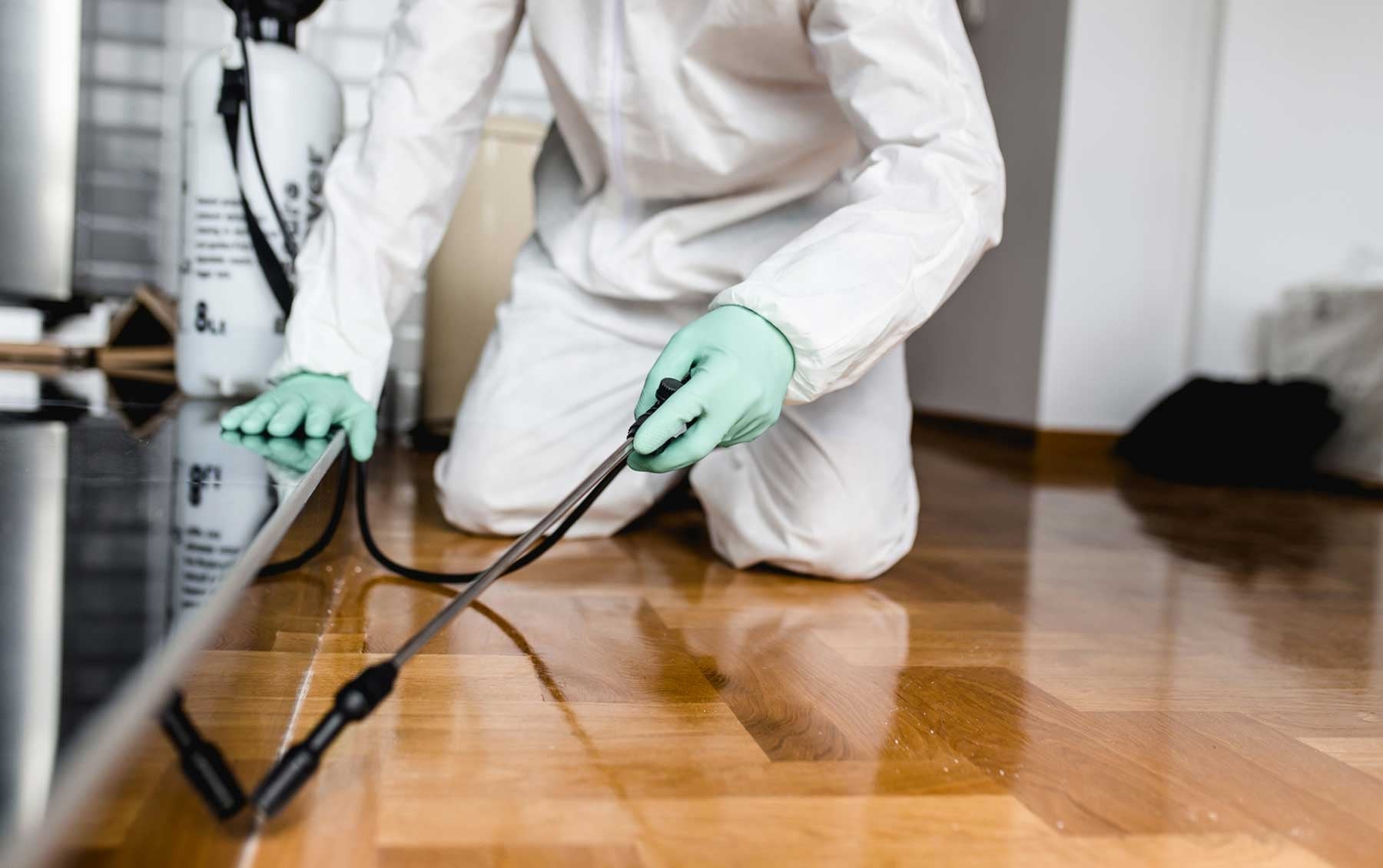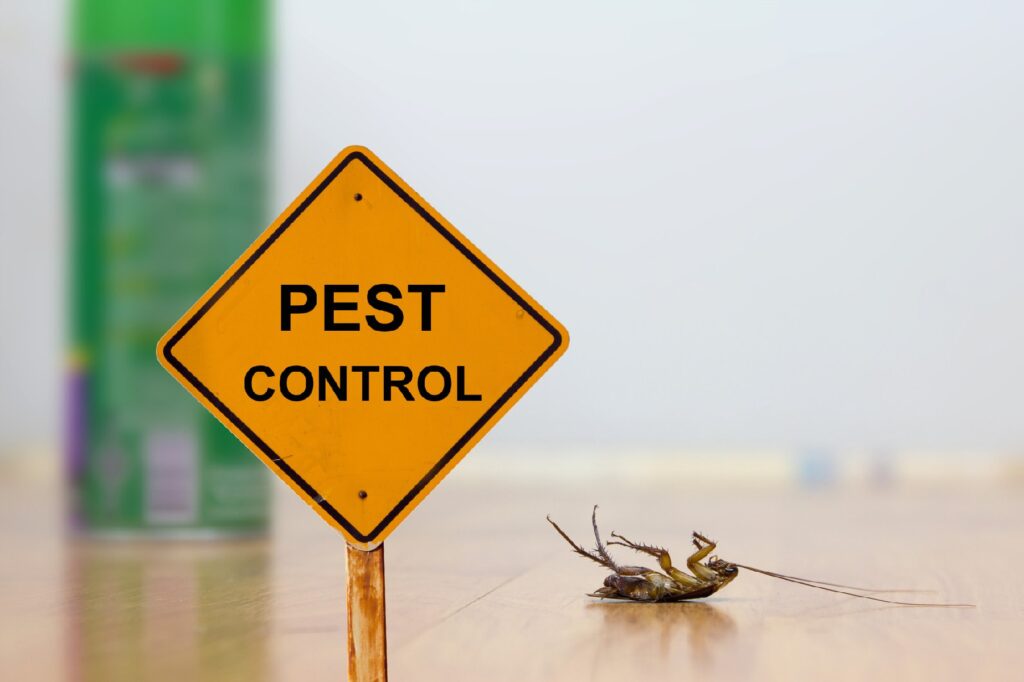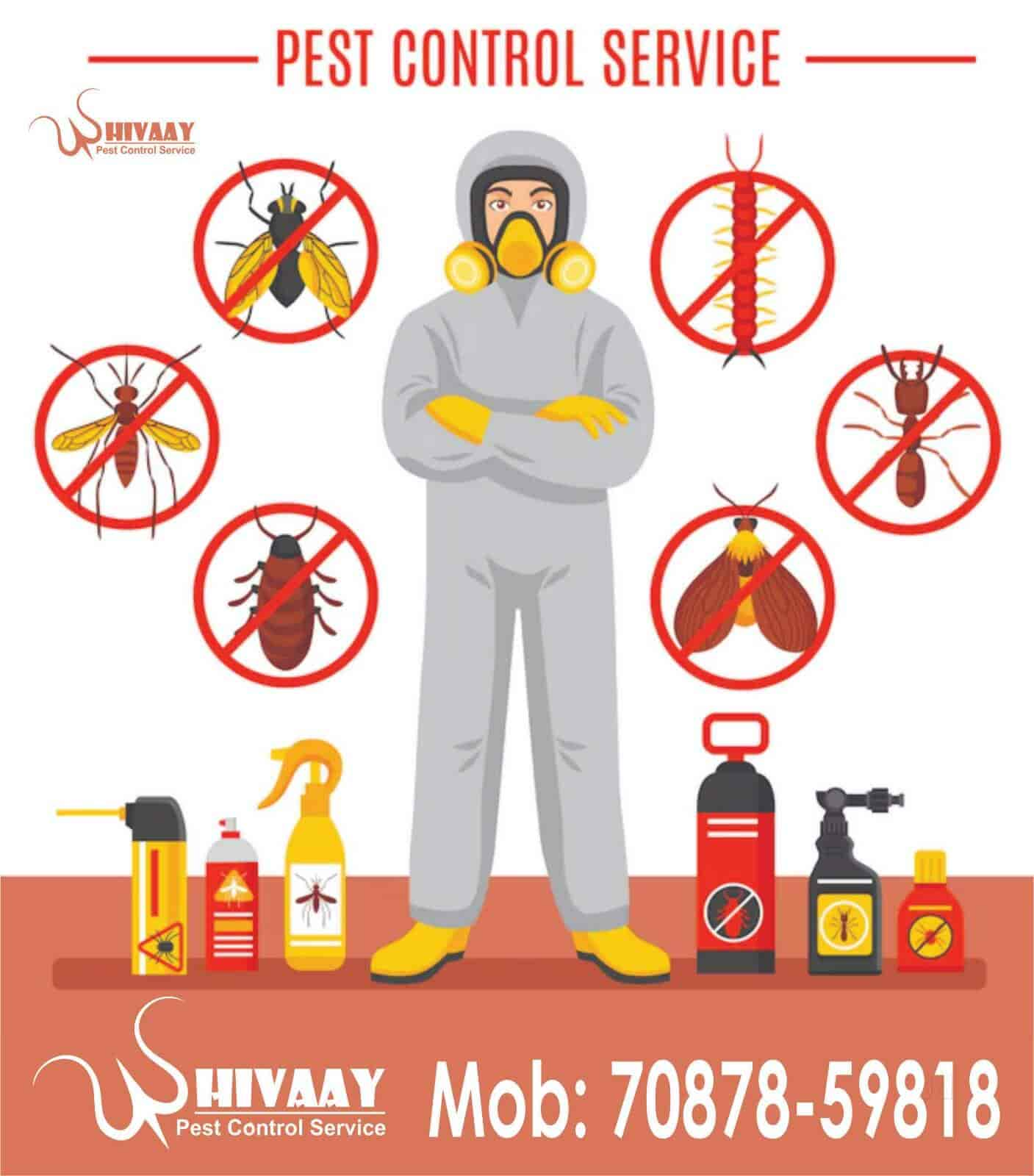Affordable Rat Control Coquitlam Services to Keep Your Home Safe
Affordable Rat Control Coquitlam Services to Keep Your Home Safe
Blog Article
Safe and Trusted Bug Control for Lasting Protection
Effective pest monitoring calls for a complex strategy that stabilizes environmental stability with the requirement for effective pest suppression. The subtleties of these techniques may not be right away clear, triggering a better evaluation of the practices that can lead to lasting parasite control results.
Comprehending Pest Control Approaches
Parasite control includes a range of methods intended at managing and getting rid of undesirable insects and rats that can endanger both health and wellness and residential property. Comprehending these methods is critical for efficient insect monitoring.
The main categories of parasite control techniques consist of mechanical, biological, and chemical approaches. Mechanical approaches include physical obstacles and traps to prevent parasite entrance and capture undesirable species. Utilizing displays on windows or using sticky traps can dramatically reduce bug populations without introducing harmful compounds - exterminator coquitlam.

Chemical pest control is frequently the most recognized technique, using chemicals to remove parasites. These chemicals can be effective but should be utilized with caution to prevent negative impacts on non-target types and the setting.
Advantages of Eco-Friendly Solutions
Exactly how can environmentally friendly remedies change insect control practices? The fostering of environmentally friendly parasite control techniques offers many benefits, dramatically improving the performance and security of pest administration.

Another advantage is the favorable effect on local biodiversity. Environment-friendly remedies are designed to target particular parasites while maintaining advantageous bugs and wild animals, advertising a well balanced community. This method lines up with the expanding customer demand for sustainable practices, improving the track record of parasite control service providers.
Integrated Bug Administration Approaches
The execution of eco-friendly solutions naturally results in the adoption of Integrated Pest Management (IPM) techniques, which even more improve insect control effectiveness. IPM is an alternative method that integrates several strategies to manage insect populations while minimizing environmental influence. This approach stresses using organic, cultural, mechanical, and chemical controls, making sure a lasting and balanced approach of parasite monitoring.
One essential element of IPM is the extensive evaluation of pest task and ecological conditions. By keeping track of pest populaces and recognizing their life cycles, practitioners can implement targeted treatments that interrupt the pest's environment or lifecycle, minimizing reliance on chemical pesticides. In addition, social practices such as plant rotation and habitat adjustment can considerably diminish parasite establishment and recreation.
One more vital component is making use of biological control representatives, such as advantageous pests or bacteria, which can naturally reduce pest populaces. When chemical applications are required, IPM focuses on making use of low-risk chemicals and applies them precisely, minimizing direct exposure to non-target microorganisms and people.
Incorporating IPM methods not just enhances parasite control efficiency yet likewise advertises a safer environment, aligning with why not try this out the growing need for sustainable methods in parasite administration.
Safe Practices for Home Owners
Comprehending the relevance of safe methods in pest control can equip home owners to effectively handle bug concerns while protecting their health and wellness and the setting. Implementing non-toxic approaches and safety nets is important in lessening direct exposure to hazardous chemicals.
Homeowners should first assess their environment for problems that bring in parasites, such as standing clutter, water, and food waste. Consistently cleaning and securing entrance points can discourage parasites from invading the home. Making use of all-natural deterrents, such as important oils or diatomaceous earth, can offer efficient alternatives to chemical pesticides.
When chemical treatments are necessary, home owners need to go with products that are specifically classified as risk-free for domestic use. It is necessary to adhere to application guidelines meticulously to stay clear of too much exposure. Additionally, using targeted therapies in areas where parasites are determined, as opposed to covering spraying, can significantly lower chemical use.
Finally, keeping open communication with pest control specialists is hop over to here important. Homeowners must ask about the security of items utilized and demand environment-friendly options whenever feasible. By adopting these risk-free practices, home owners can create a much healthier living environment while successfully managing parasite issues.

Tips for Long-Term Protection
Developing a pest administration approach that highlights lasting protection can considerably enhance the efficiency of the secure methods formerly discussed. To achieve this, property owners must carry out normal inspections of their residential property, concentrating on hidden areas such as attics, basements, and crawl areas. Early discovery of bug task is crucial in avoiding invasions from taking hold.
Furthermore, preserving a tidy setting is essential. This consists of correct food storage space, without delay cleansing spills, and routinely dealing with trash. These methods minimize attractants that draw insects into the home. Securing entrance points, such as cracks around doors and home windows, can effectively obstruct possible parasite accessibility.
Landscape design must likewise be considered; maintaining plants cut and preserving a distance in between greenery and the home minimizes concealing areas for pests. Making use of natural deterrents, such as important oils or diatomaceous planet, can even more discourage problems without turning to harsh chemicals.
Last but not least, working together with a professional parasite control service for routine examinations can provide an added layer of safety and security. These experts can use tailored suggestions and advanced treatments, making certain that your home stays shielded against parasites in the long term.
Verdict
Finally, secure and trusted insect control calls for a multifaceted technique that emphasizes green index methods and integrated parasite management. By carrying out all-natural deterrents, conducting routine inspections, and preserving correct sanitation, homeowner can substantially reduce pest populations while securing beneficial insects and the atmosphere. Partnership with specialist parasite control services enhances the efficiency of these methods, making certain customized solutions that provide long lasting security and satisfaction against future invasions.
Reliable parasite management requires a multifaceted approach that balances ecological integrity with the need for effective insect suppression. The adoption of environmentally friendly insect control approaches provides various benefits, considerably enhancing the efficiency and security of pest monitoring.The application of environment-friendly options naturally leads to the adoption of Integrated Pest Monitoring (IPM) approaches, which better improve insect control efficacy. exterminator coquitlam. By keeping track of insect populations and recognizing their life cycles, professionals can execute targeted interventions that interfere with the bug's habitat or lifecycle, reducing dependence on chemical pesticides.In final thought, risk-free and dependable bug control requires a complex technique that emphasizes green techniques and integrated bug management
Report this page